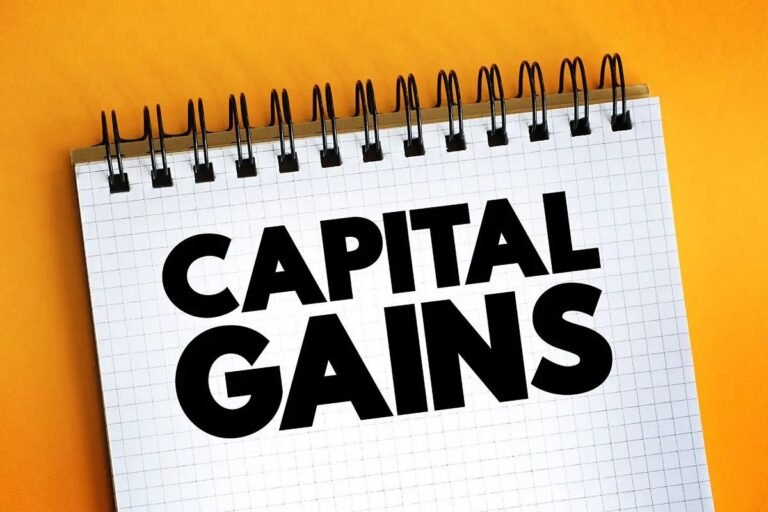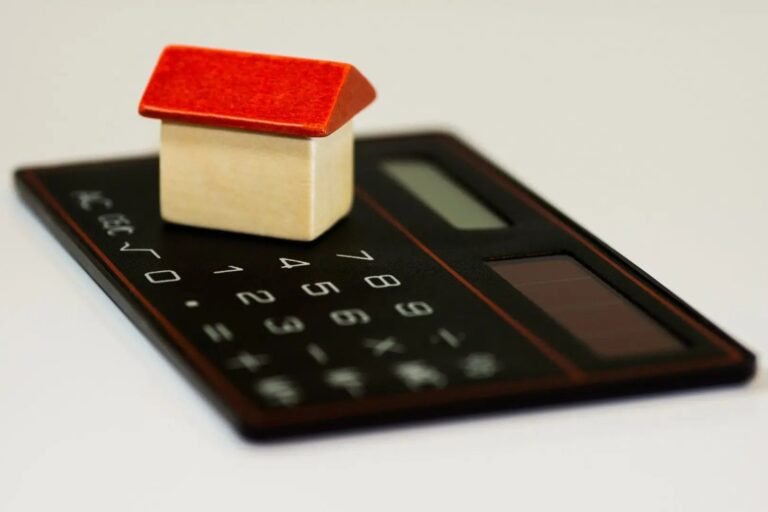Bed and breakfasting rules applies to the directors who borrow from their personal companies. If a director is using company’s money, tax might be charged. The tax (known as Section 455 charge) is charged if the year-end loan balance is not paid back until 9 months.
In the past, the director of such companies wanted to keep the company’s money but were unwilling to pay section 455 tax. Hence, they used to repay loan towards the end of 9-month period (so that no tax is payable), then take out new loan shortly afterwards. Effectively, they retained the loan but avoided section 455 tax.
To control such practice, HMRC introduced a set of rules (called Bed and Breakfasting).
What is Bed and Breakfasting Rule?

For tax purpose, any loan repayment director makes, if followed by subsequent withdrawal of £5,000 or more, is not supposed to reduce the existing loan balance in normal way.
For taxation purpose, the repayment is supposed to be the repayment of the new loan. Any amount remaining after offsetting the new loan will be treated as the repayment of the earlier loan balance.
This is called “bed and breakfasting”. HMRC has two rules regarding bed and breakfasting:
1. 30-day Bed and Breakfasting Rule
According to this rule, if within a period of 30 days:
Repayment totalling £5,000 or more is made (before or after the year end), and New loans totalling £5,000 or more are made after that year-end In such situation, repayments will be treated as made against the new loans (not the earlier loans) to the extent that repayment does not exceed the new loan.
Example 1,
The company’s year ends is 31 March. The director had loan balance of £6,000 on 28 March 2023. He paid back £5,000 on 30 March 2023. But he took further loan of £5,000 on 3 April 2023.
Here, as the director withdrew new loan within 30 days, the repayment of £5,000 should first be matched against subsequent loan of £5,000. So, the loan balance as of 31 March 2023 remains unchanged.
Therefore, 33.75% tax is charged on whole of £6,000.
Example 2,
In above example, suppose £10,000 was repaid instead of £5,000. Out of £10,000, £5,000 is supposed to be the loan repayment of the new loan, remaining is supposed to be the settlement of the loan balance existing before March 2023.
Repayment made |
£10,000 |
Minus- Amount matched to the new loan on 3 April 2023 |
(£5,000) |
| Effective repayment of the loan balance of 31 March 2023 |
£5,000 |
| Loan balance on 31 March 2023 |
£6,000 |
| Effective repayment as calculated above |
(£5,000) |
| Adjusted loan balance on 31 March 2023 |
£1,000 |
Hence, 33.75% tax is charged on £1,000.
2. Arrangement Bed and Breakfasting Rule
In certain cases, even if subsequent borrowing is after 30 days of loan repayment, the repayment will be matched to subsequent borrowing instead of loan outstanding before repayment.
Such bed and breakfasting rules apply when:

Loan outstanding just before repayment is £15,000 or more and at the time of repayment, there is an arrangement to withdraw the loan subsequently and the amount of subsequent borrowing under the arrangement is £5,000 or more.
Conclusion
It’s better not to overdraw loan from your company (better to keep it below £5,000 in the year end). When you subsequently withdraw, do not withdraw £5,000 or more and delay withdrawal by more than 30 days when possible.









